We’ve all been told that filtered water is the holy grail of hydration, but as with anything health-related, myths and misinformation often creep in, leading us down a potentially harmful path. From myths about removing all contaminants to the idea that a filter is an instant fix for all water woes, it’s time to separate fact from fiction. Let’s clear up the confusion, because drinking clean water should be a no-brainer, not a guessing game.
1. “All Water Filters Remove All Contaminants”
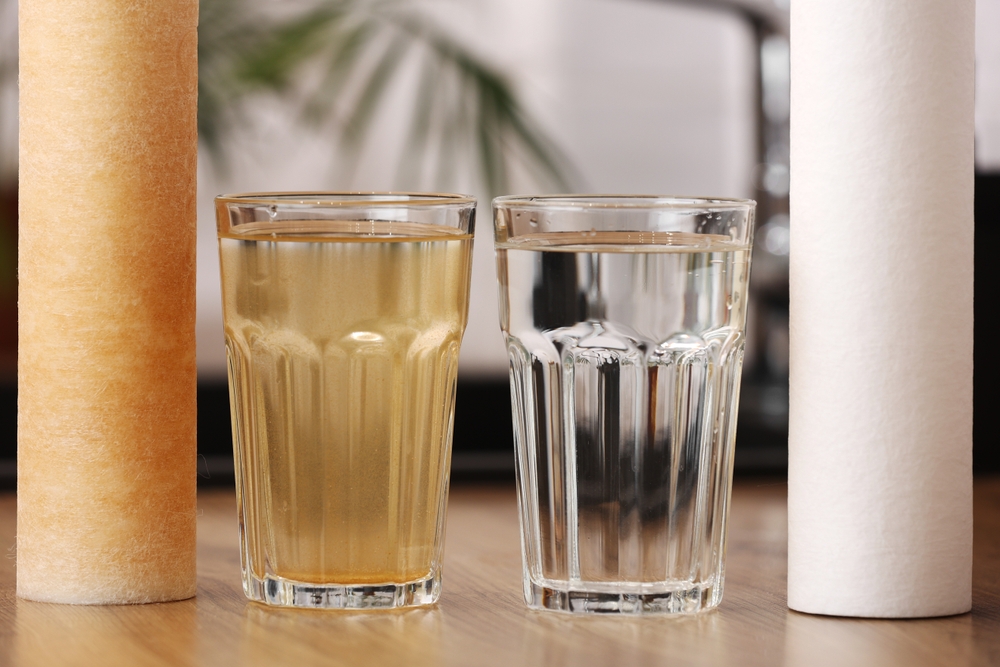
Not all water filters are created equal. While some are excellent at removing chlorine, lead, and other heavy metals, others fall short in eliminating harmful pathogens like bacteria or viruses. Filters come with varying levels of filtration, and the type you choose depends on your water’s specific issues. Knowing exactly what you’re trying to filter out is crucial before investing in a one-size-fits-all solution.
As clearly outlined by water treatment experts, no single filter removes everything; different technologies target different contaminants, and many systems use multiple stages for full-spectrum protection. For example, reverse osmosis systems can remove up to 99% of contaminants—including heavy metals, nitrates, pesticides, and microbes—while carbon filters are best for chlorine and volatile organic compounds. UV filters are effective against bacteria and viruses. If your filter is designed only for chlorine or sediment, it won’t protect you from biological agents like bacteria or parasites. Always check the specifications of your water filter to ensure it matches your needs before relying on it for total water purity.
2. “Boiling Water Makes It Safe, So I Don’t Need A Filter”
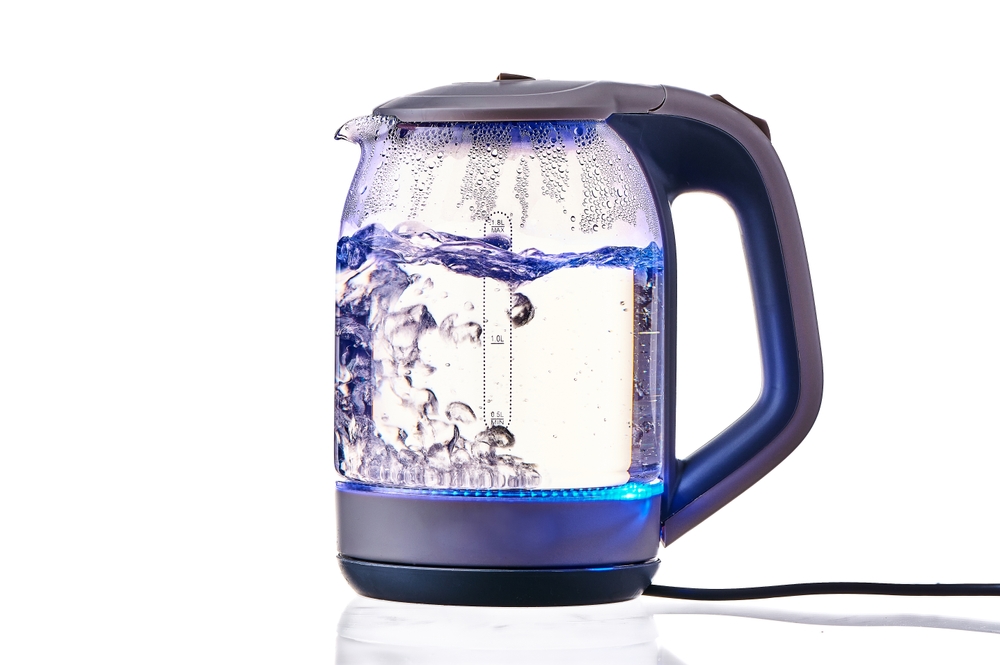
Boiling water is effective at killing bacteria, viruses, and parasites, but it does not remove chemical contaminants such as lead, pesticides, or chlorine. So, while boiling addresses microorganisms, it leaves behind potentially harmful chemicals that are not eliminated by heat. This makes boiling a limited solution that only partially addresses water safety.
A comprehensive water filter system, by contrast, is designed to tackle a broader spectrum of pollutants, including many chemical contaminants and sediments. If your local water supply is at risk for these issues, relying solely on boiling isn’t enough. As outlined in EWG’s Guide to Safe Drinking Water, using a certified water filter is essential for reducing your exposure to contaminants that boiling cannot address. Boiling remains a useful emergency measure, but it cannot replace the ongoing protection of a high-quality filtration system.
3. “My Filtered Water Is Perfectly Safe For Life”

While filtered water is cleaner than untreated tap water, it’s not a guarantee of perfection. Some filters need to be replaced regularly to remain effective, and even high-end filters can eventually accumulate bacteria if not properly maintained. It’s easy to forget that filters have a lifespan, and their ability to purify the water diminishes over time if neglected.
The truth is, even the best filters can’t last forever. To keep your water safe, it’s essential to follow the manufacturer’s instructions on filter replacement and maintenance. Clean water is an ongoing commitment—not just a one-time fix—so stay vigilant about upkeep to ensure optimal results.
4. “The More Expensive The Filter, The Better The Results”
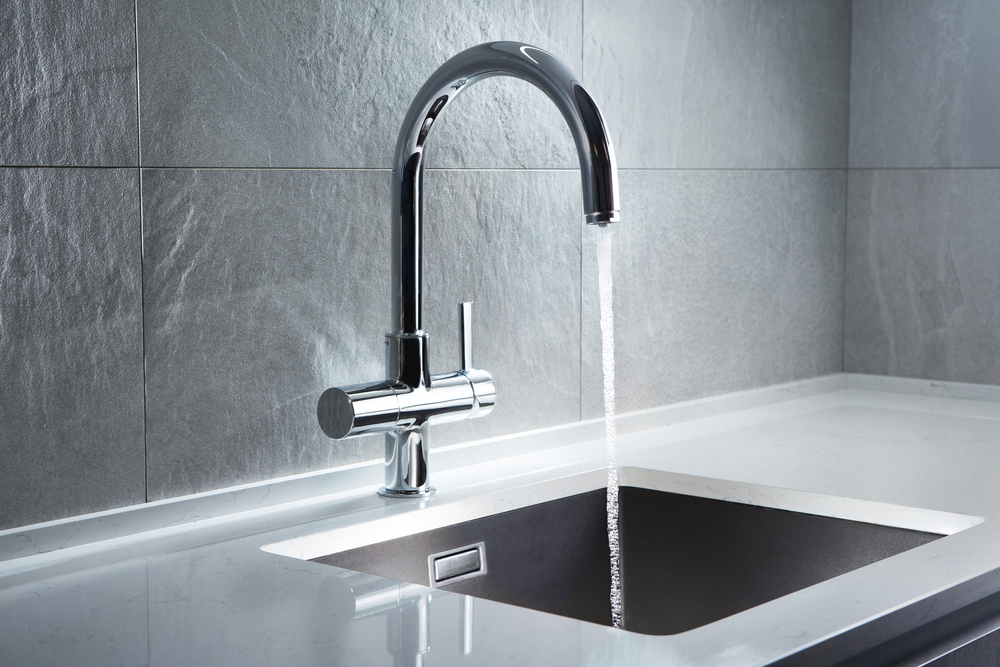
We’ve been conditioned to believe that if we’re paying a premium, we’re getting the best. While it’s true that some high-end filters offer advanced filtration technologies, cost doesn’t always correlate to effectiveness. Often, the extra price tag is a result of marketing, luxury branding, or added features that may not be necessary for your water needs.
When choosing a filter, the key is understanding what’s in your water and matching it to a filter that suits your specific needs. A high-quality, affordable filter can often outperform an overpriced one that promises too much. Don’t let price fool you; do the research and choose what’s right for your water, not just for your wallet.
5. “Water Filters Don’t Need Any Attention After Installation”
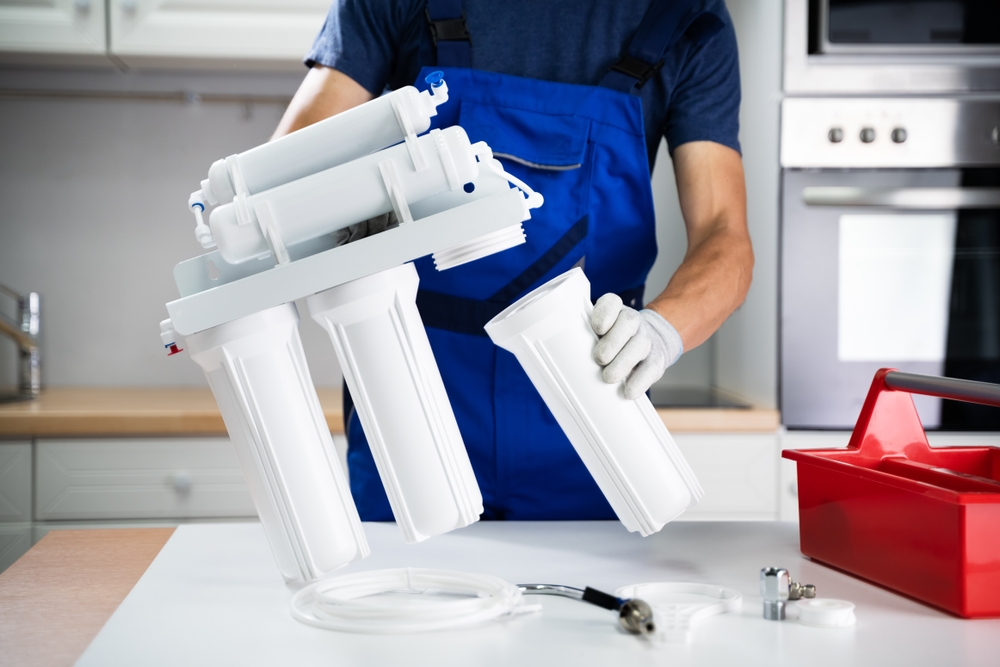
Water filters are not a “set it and forget it” kind of appliance. Many people assume that once the filter is in place, their work is done. In reality, regular monitoring and maintenance are crucial for keeping your water filter functioning properly. As highlighted in this guide on the importance of proper maintenance, neglecting routine care can lead to decreased efficiency, allowing harmful substances to pass into your drinking water and even shortening the lifespan of your filtration system.
From replacing the filter cartridge at the recommended intervals to checking for blockages and leaks, staying proactive about maintenance ensures your filter continues to deliver clean, safe water. Following the manufacturer’s instructions and keeping up with regular inspections are essential steps to maximize both the performance and longevity of your water filtration system.
6. “Filtered Water Is Just As Good As Bottled Water”
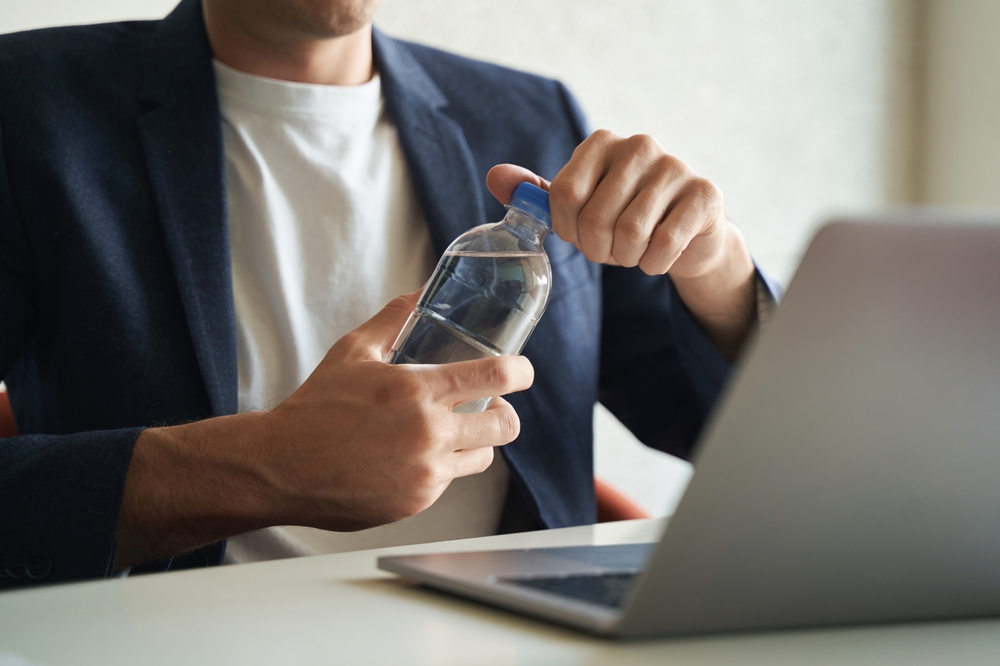
Filtered water can be a great alternative to tap water, but it’s not always on par with bottled water. Bottled water often undergoes advanced purification methods such as reverse osmosis, a process that many standard home filters do not replicate. While both filtered and bottled water are typically cleaner than unfiltered tap water, the overall quality depends on the source and the specific treatment process used. As explained by the experts at Good Housekeeping, some home filters—especially those with reverse osmosis technology—can rival the purification level of bottled water, but not all filters are created equal.
If you’re relying on a home filter as a substitute for bottled water, it’s important to understand what your filter can and cannot remove. Some filters excel at eliminating contaminants, while others may not meet the same standards as bottled water. If you prefer the crisp taste and purity of bottled water, make sure your filter is designed to deliver comparable results.
7. “All Filters Are The Same”

Not every water filter is the same, and each type targets different contaminants. Some filters absorb impurities into a medium, while others mechanically trap particles. It’s a common misconception that one filter will work for all situations, but in reality, each design addresses specific water quality issues. As outlined in the EWG Tap Water Filter Guide, understanding the differences in filter types, such as carbon filters, reverse osmosis, and others, can help you make an informed decision.
The best way to choose a filter is to start by testing your water to identify which contaminants are present. This allows you to select a filter designed to address your particular needs, rather than relying on a one-size-fits-all approach. Experts recommend matching your filter to your water’s unique profile for the most effective results.
8. “A Water Filter Will Immediately Improve My Health”
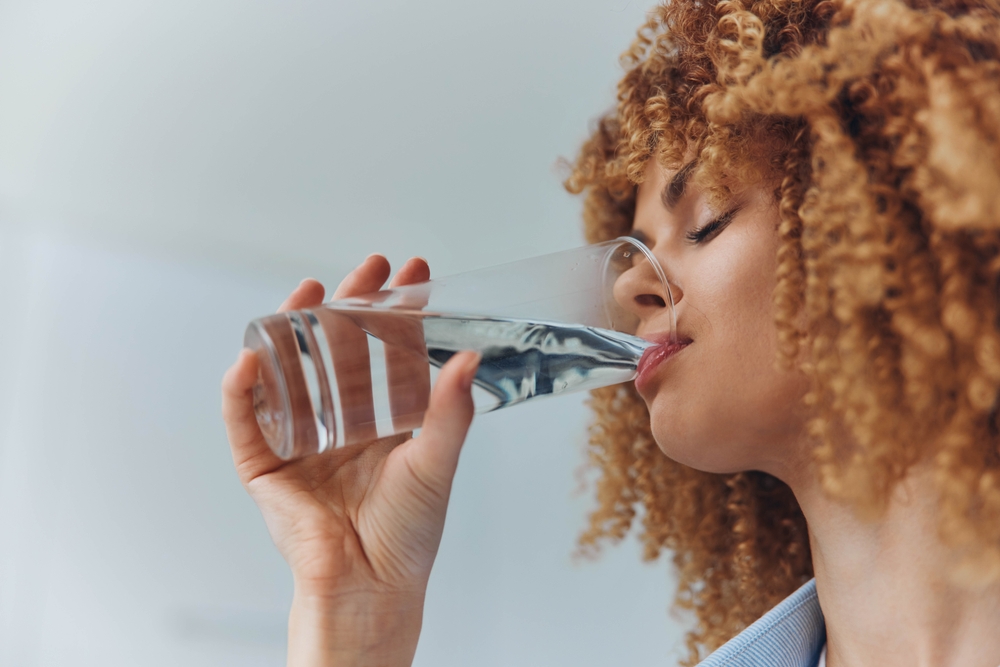
While drinking filtered water is certainly beneficial for your health, it’s not an instant cure for all your wellness problems. A water filter addresses contaminants that might harm your body over time, but it won’t necessarily solve issues like dehydration or poor diet. Filtered water is part of a holistic approach to health, not a magic bullet.
Health improvements from cleaner water are a long-term benefit, as it can reduce your exposure to harmful chemicals, heavy metals, and bacteria. But just having filtered water isn’t going to fix other lifestyle factors that also impact your well-being. Keep in mind, it’s a step in the right direction, but not the entire solution.
9. “Once I Install A Filter, My Water Will Always Be Perfect”

Just because you’ve installed a filter doesn’t mean your water will always be perfectly clean. Over time, your filter can become less effective due to clogging, buildup, or an overworked system. Some filters might even leach chemicals if not replaced regularly, introducing new contaminants into your water.
Be sure to change your filters as per the manufacturer’s instructions to keep water quality high. Regular checks are important to ensure your system isn’t causing more harm than good. A filter is only as effective as the care you put into maintaining it.
10. “Filtered Water Can’t Go Bad”
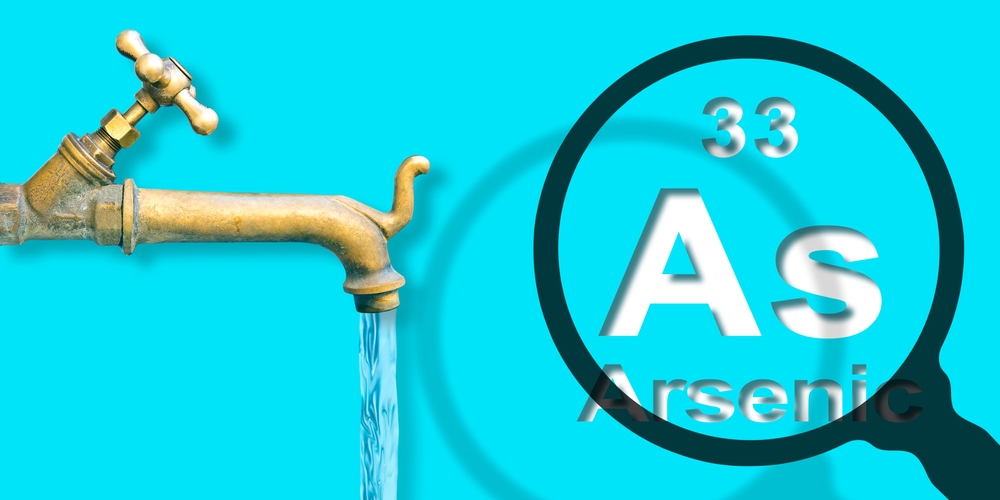
Filtered water can go bad if not stored properly. If you store filtered water in a container that’s not sealed or clean, bacteria can start to grow. Even water that’s been purified can become contaminated if exposed to poor storage conditions or if the water sits for too long.
To keep your filtered water fresh, always store it in a clean, sealed container and avoid letting it sit for extended periods. Use a glass or BPA-free plastic bottle to prevent any unwanted chemicals from leaching into the water. Proper storage is just as important as filtration for ensuring you’re drinking water is safe and refreshing.
11. “All Filters Are Made To Last The Same Amount Of Time”
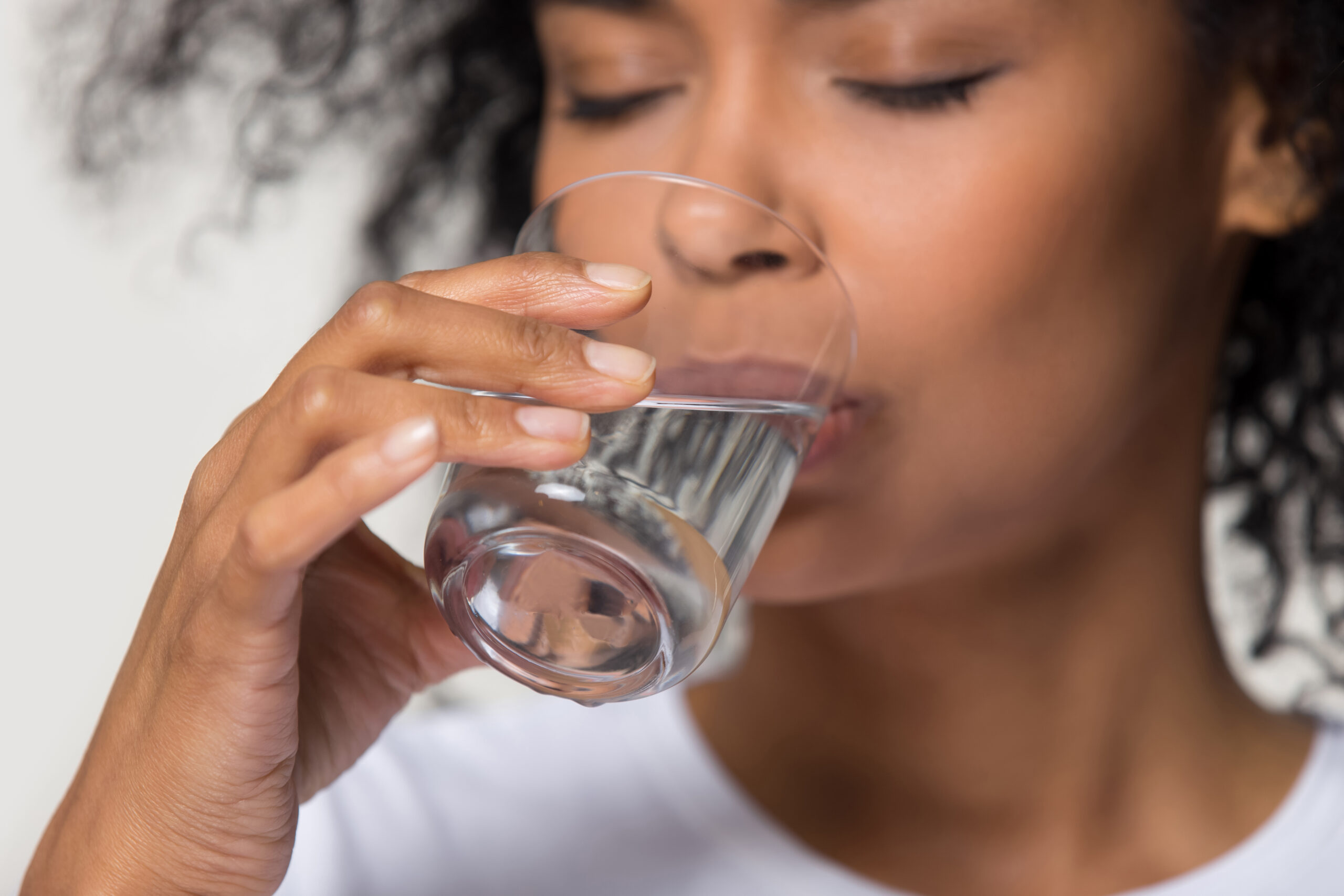
Different filters have different lifespans, depending on the technology and material used. Some filters, like those with activated carbon, may need replacing every few months, while others, like reverse osmosis filters, may last a year or more. It’s essential to understand the recommended lifespan of your filter to avoid false security.
Even if a filter seems like it’s working, its effectiveness can degrade over time, especially if you have high levels of contaminants in your water. Keep track of when your filter was installed and make sure to replace it according to the manufacturer’s guidelines. It’s better to change it a little early than to risk drinking water that isn’t properly filtered.
12. “Filtered Water Doesn’t Need A Filter After A While”

Just because you’re using a filter regularly doesn’t mean it can be put on autopilot. Some people make the mistake of thinking that after some time, their water will remain pure even without regular filtering. The truth is that as filters age, they begin to accumulate contaminants, which can impact their efficiency.
Sticking to a regular maintenance schedule and replacing your filter as needed is key to keeping your water consistently clean. It’s easy to forget about, but the filtration process is ongoing, and neglecting it can lead to ineffective purification. Always stay ahead by keeping track of filter replacement dates and staying vigilant about your water’s needs.
13. “Filters That Remove Taste Or Odor Are Always Safe”
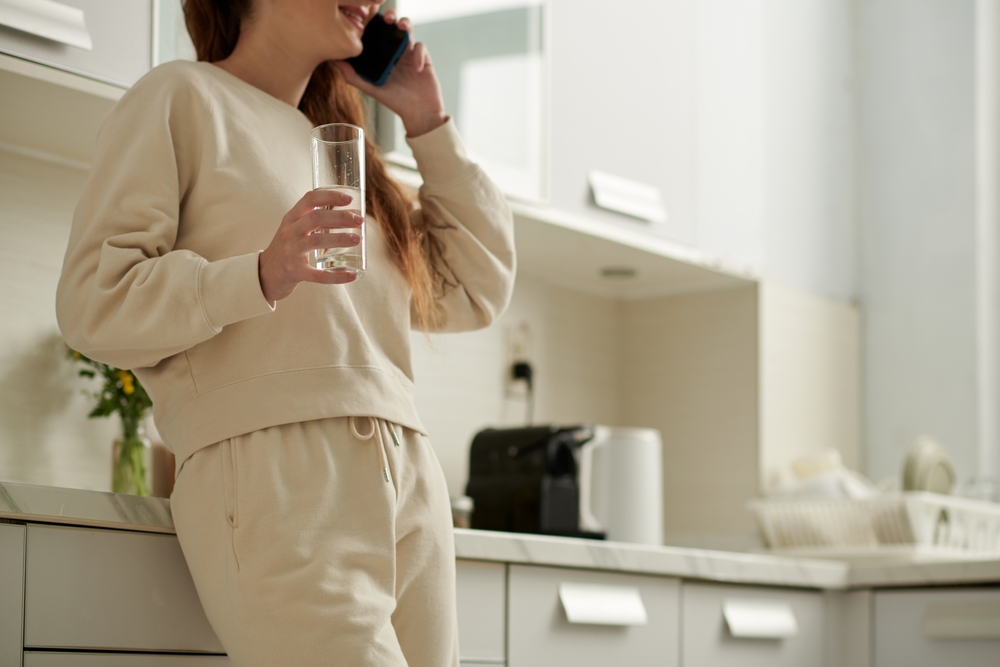
Many filters are designed to improve the taste and odor of water, but this doesn’t automatically mean the water is free of harmful contaminants. Filters that focus on improving taste often target chlorine and other chemicals, but they don’t address heavy metals, bacteria, or other hidden dangers. While the water might smell better, it could still be contaminated.
Don’t assume that a pleasant taste or smell means your water is entirely safe. If you’re using a taste-enhancing filter, make sure it also addresses other contaminants that could affect your health. Always choose a filter that covers both taste and purification for a comprehensive solution.

Abisola is a communication specialist with a background in language studies and project management. She believes in the power of words to effectively connect with her audience and address their needs. With her strong foundation in both language and project management, she crafts messages that are not only clear and engaging but also aligned with strategic goals. Whether through content creation, storytelling, or communication planning, Abisola uses her expertise to ensure that her messages resonate and deliver lasting value to her audience.


